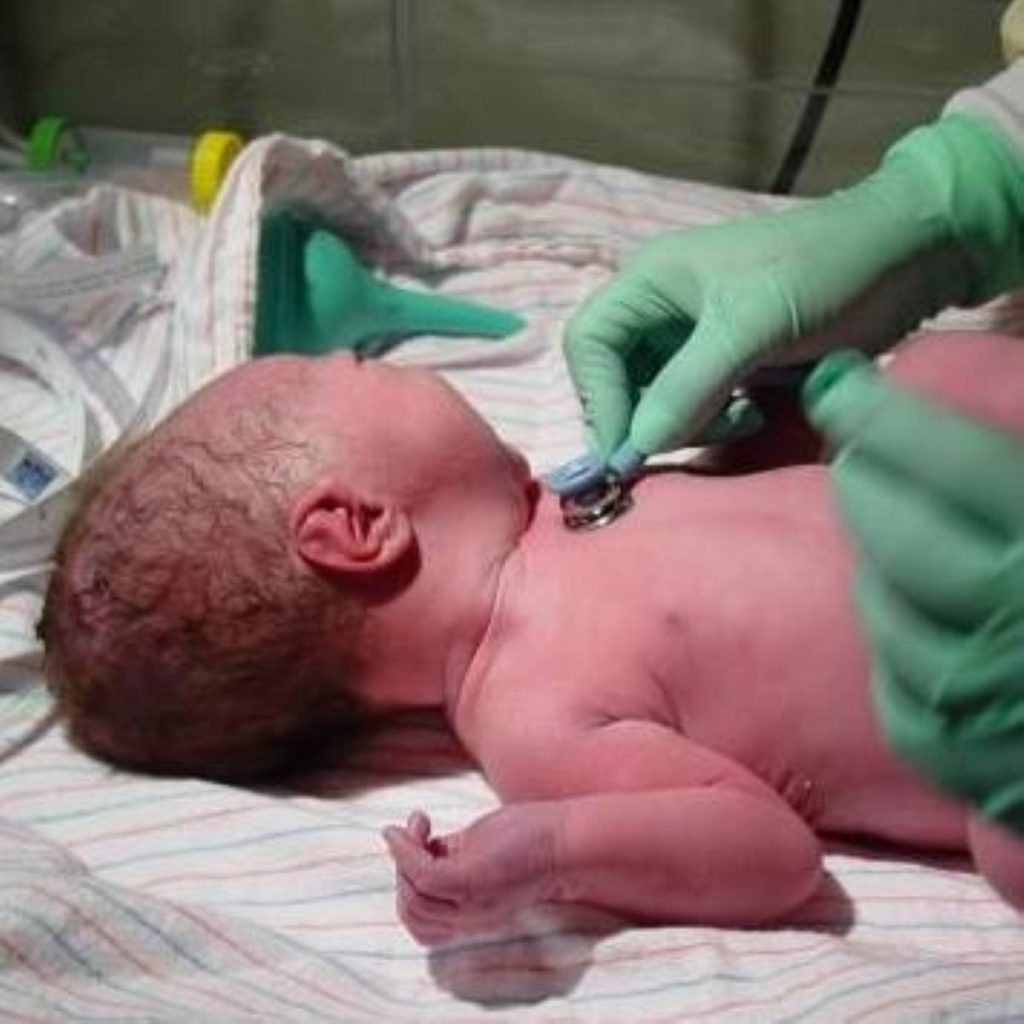Low fertility linked to pregnancy problems
Women who take more than a year to conceive run up to twice the risk of pregnancy complications, a new study claims.
Research conducted by Danish scientists found that women with low fertility were more likely to give birth prematurely, have an underweight baby or need a caesarean section.
The researchers said that the risks applied equally to natural conceptions and those due to fertility treatment.
A total of 56,000 births were analysed for the study, published in the journal Human Reproduction, and the results showed that mothers who were older, overweight or smoked suffered more problems during pregnancy. Sexually transmitted infections, hormonal imbalances, placenta problems or stress are also believed to increase the risk of complications.


At least 15 per cent of first-time parents take more than a year to achieve a pregnancy, while eight per cent of women having subsequent babies struggle to conceive.
Women conceiving naturally after more than a year of trying for a baby were between 36 per cent and 57 per cent more likely to have a premature baby and between 27 per cent and 33 per cent more likely to have a child of low birthweight, even if it was delivered at 37 weeks or beyond.
Dr Olga Basso, who led the study, said: “There has been ongoing controversy about the potential adverse effects of fertility treatment on birth problems but limited evidence about women who are infertile but conceive without treatment.
“I think the fact that around 10 per cent to 15 per cent of babies are born to ‘infertile’ couples, with or without treatment, makes this an important issue to address.
“Adverse birth outcomes are important causes of infant and maternal medical problems.”
Britain has the highest rate of premature births in Europe, with around 100 babies born each day. Around ten per cent die or develop disabilities.

